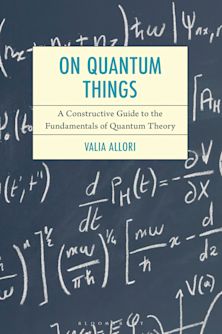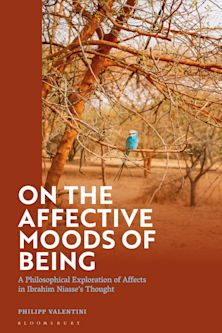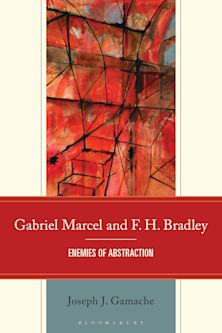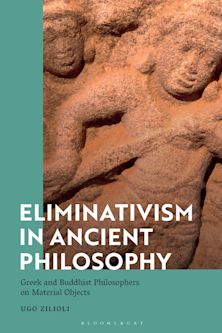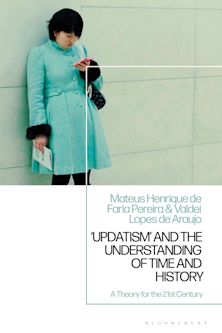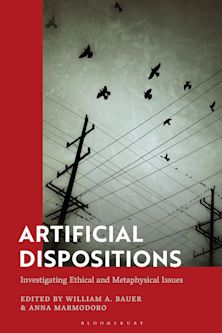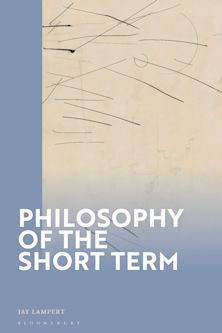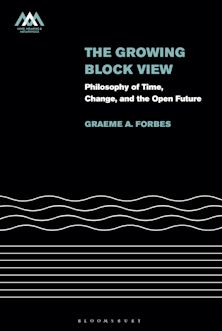Virginia Woolf as a Process-Oriented Thinker
Parallels between Woolf’s Fiction and Process Philosophy
Virginia Woolf as a Process-Oriented Thinker
Parallels between Woolf’s Fiction and Process Philosophy
This product is usually dispatched within 1 week
- Delivery and returns info
-
Free US delivery on orders $35 or over
Description
Virginia Woolf as a Process-Oriented Thinker: Parallels Between Woolf’s Fiction and Process Philosophy introduces Virginia Woolf as a nondualist and process-oriented thinker whose ideas are, despite no direct influence, strikingly similar to those of Alfred North Whitehead. Veronika Krajícková argues that in their respective fields, literature and philosophy, Woolf and Whitehead both criticized the materialist turn of their time and attempted to reattribute importance to experience and undermine long-rooted dualisms such as subject and object, the animate and the inanimate, the human and the nonhuman, or the self and the other. By erasing the gaps between these dualities, the two thinkers anticipated the poststructuralist thought with which Woolf has been anachronically associated in the last decades. Krajícková shows that there is no need to analyze Woolf’s fiction via critical and philosophical theories that developed much later. This book demonstrates that Woolf and Whitehead’s ideas may help us adopt more ecologically friendly, selfless, intersubjective, and harmless modes of being in the present day. Both figures emphasize the intrinsic value and importance of each constituent of reality and teach us to appreciate the aesthetic values dispersed throughout our environment.
Table of Contents
Chapter 1: Woolf's Conception of Things and the Relation Between Subject and Object
Chapter 2: Panpsychism and More-Than-Human Experience in Woolf's Fiction
Chapter 3: Woolf's Process-Oriented Identity, Intersubjective Selves, and Exploration of Community of Difference
Chapter 4: Woolf's Criticism of Anthropocentrism and Exploitation of Nature
Conclusion: Analogies Between Literature, Philosophy, and Real Life
Product details
| Published | Oct 10 2023 |
|---|---|
| Format | Hardback |
| Edition | 1st |
| Extent | 200 |
| ISBN | 9781666942293 |
| Imprint | Lexington Books |
| Dimensions | 9 x 6 inches |
| Series | Contemporary Whitehead Studies |
| Publisher | Bloomsbury Publishing |
Reviews

ONLINE RESOURCES
Bloomsbury Collections
This book is available on Bloomsbury Collections where your library has access.













